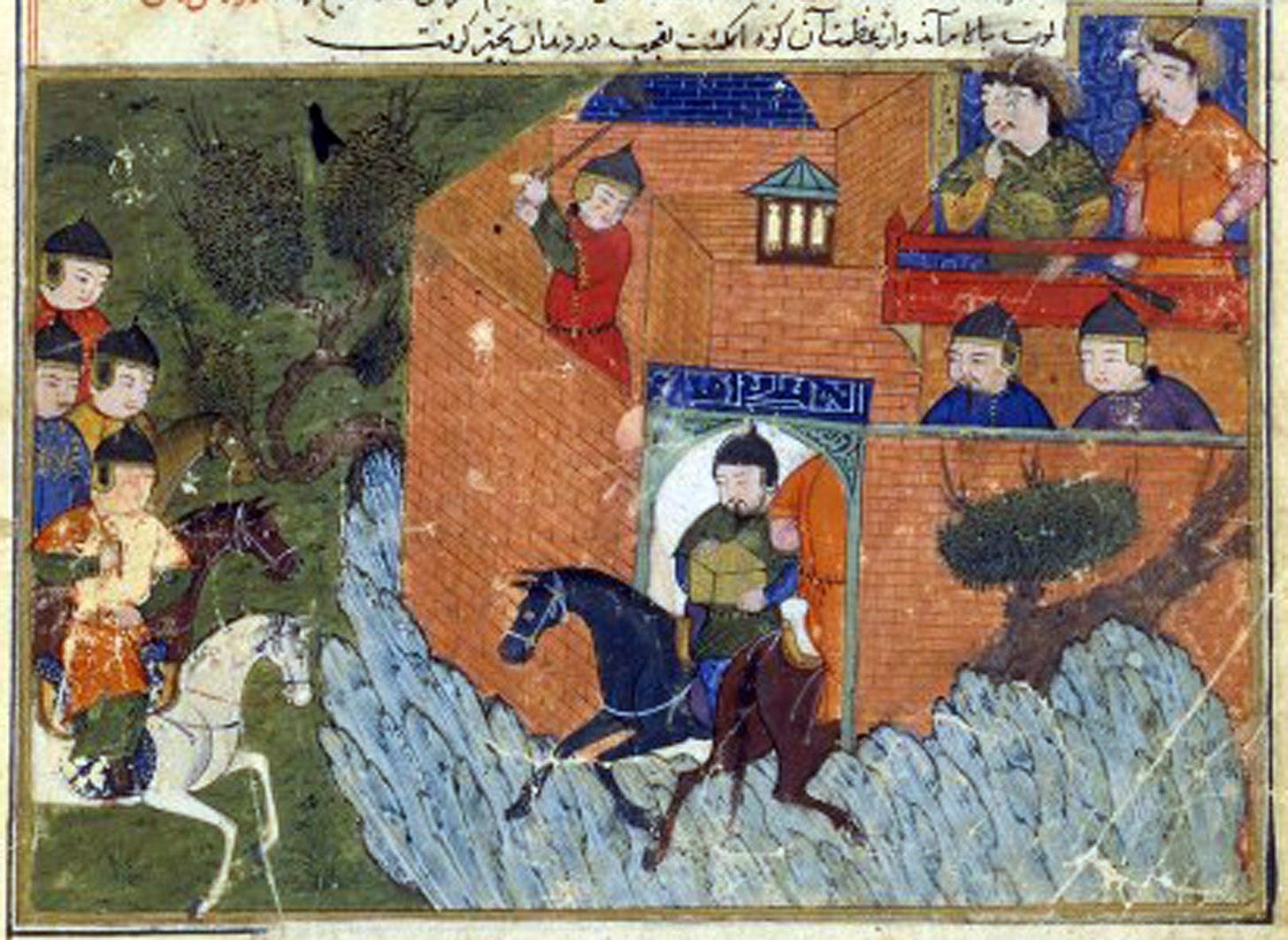World roundup: November 19 2025
Stories from Cambodia, Ukraine, Venezuela, and elsewhere
PROGRAMMING NOTE: As I mentioned in yesterday’s roundup, I will be taking a Thanksgiving break from the newsletter starting after Thursday night, and we will resume our regular schedule on November 30. Thanks for reading!
TODAY IN HISTORY
November 19, 636: The Battle of al-Qadisiyah ends with the army of the Rashidun caliphate victorious over the forces of the Sassanid Persian Empire. Combined with its victory over the Byzantines at the Battle of Yarmouk in August, Qadisiyah established the caliphate’s control over most of what is today considered the Middle East. For the Persians, the battle was essentially the end of their empire. The Arab armies seized most of Iraq, including the Persian capital Ctesiphon. Emperor Yazdegerd III attempted to reconquer the region but the Arabs defeated him again in 642, at which point he went on the run until he was murdered in Central Asia in 651.
November 19, 1256: The last Assassin imam, Rukn al-Din Khurshah, surrenders to the Mongols, who had besieged him at his fortress at Maymun-Diz. Realizing that they could not hold out against a Mongol siege, Rukn al-Din surrendered at Maymun-Diz and ordered the surrender of the Assassins’ main fortress at Alamut in hopes of avoiding unnecessary deaths, including his own. The Mongols wound up executing him anyway. A branch of the Assassin order survived in Syria, which except for a brief interlude around 1260 remained outside Mongol control, but it was subjugated by the Mamluk sultanate and ceased to be an independent entity.

MIDDLE EAST
SYRIA
Israeli Prime Minister Benjamin Netanyahu created a minor diplomatic incident on Wednesday when he visited front line Israeli soldiers in Syria, drawing a condemnation from the Syrian government. The Israeli military (IDF) has been occupying parts of southern Syria since the fall of Bashar al-Assad’s government back in December (well, really since 1967 but I digress) despite repeated international calls for respecting Syria’s territorial integrity. Any act that appears to celebrate that occupation, like Netanyahu’s tour, is going to raise some objections.
LEBANON
It’s been a busy day for the IDF, including in southern Lebanon where it killed at least one person across what sounds like an intense series of airstrikes. Israeli officials issued evacuation orders for four southern Lebanese villages ahead of time, indicating that these attacks were planned in advance as opposed to ad hoc strikes against targets of opportunity. They claimed to be targeting Hezbollah infrastructure banned under last November’s ostensible ceasefire deal, a charge that Hezbollah officials rejected.


